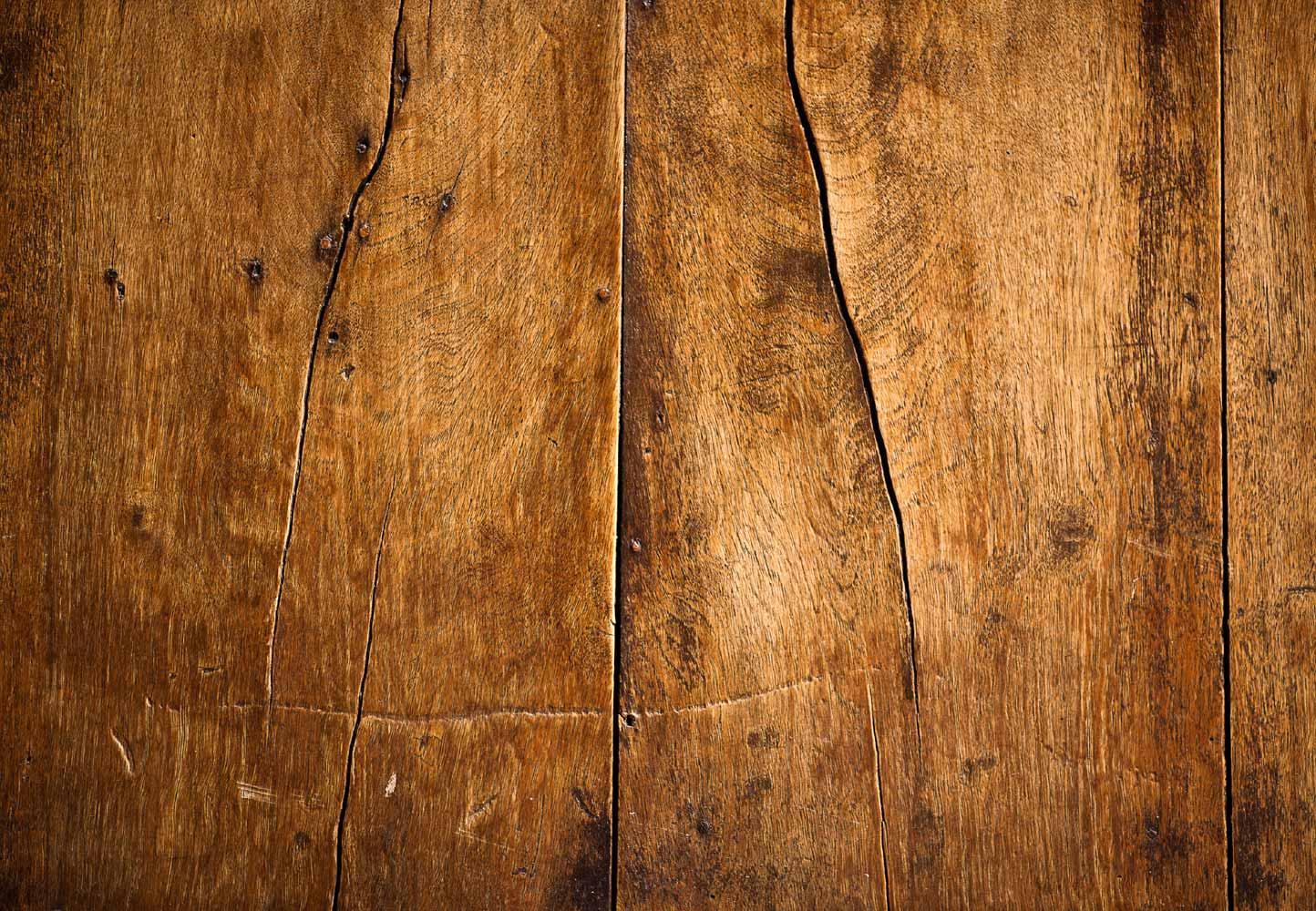
Reflexive Verbs
(the action occurs to the subject)
Yo me llamo Roberto. (yes, reflexive) Roberto llama al perro. (not reflexive)
Reflexive verbs indicate that the subject of the sentence has performed an action on itself. In other words, in a reflexive sentence the subject is the same as the object. Examples of reflexive actions are the following:
- José got up
- He put his shoes on
- Eva got sick
- I asked myself a question
- The girl brushed her teeth
You may look at the last example and say, "But the object is teeth! Why should that verb be reflexive?"
In Spanish, parts of the body are never preceded by personal pronouns. In other words, you never talk about "my teeth"—you talk about "the teeth," with a reflexive verb preceding it.
For example, in English you would say:
- I comb my hair
- I wash my face
- I scratch my arm
In Spanish, you would say:
- Me peino el pelo
- Me lavo la cara
- Me rasco el brazo
All reflexive verbs are preceded by reflexive pronouns.
When a verb is reflexive, the infinitive ends in "se."
lavar
to wash (non-reflexive)
lavarse
to wash oneself (reflexive)
rascar
to scratch (non-reflexive)
rascarse
to scratch oneself (reflexive)
To learn to conjugate reflexive verbs, you need to learn a different set of pronouns called "reflexive pronouns." These pronouns are positioned before the verb, while the ending "se" is dropped and the verb is conjugated normally.
lavarse
yo me lavo
I wash (myself)
tú te lavas
you wash (yourself) (informal)
él se lava
he washes (himself)
ella se lava
she washes (herself)
usted se lava
you wash (yourself) (formal)
nosotros nos lavamos
we wash (ourselves)
nosotras nos lavamos
we wash (ourselves) (feminine)
vosotros os laváis
you-all wash (yourselves) (informal)
vosotras os laváis
you-all wash (yourselves) (informal, feminine)
ustedes se lavan
you-all wash (yourselves)(formal)
ellos se lavan
they wash (themselves)
ellas se lavan
they wash (themselves) (feminine)
Reflexive Pronouns
Reflexive pronouns have almost the same forms as indirect object pronouns except se is used in place of le and les for the third person. The reflexive pronoun will always be the same person (1st, 2nd, 3rd) and number (singular, plural) as the subject of the sentence.
Reflexive Pronoun Forms
Singular
me (to, for, from, or off myself)
te (to, for, from, or off yourself)
se (to, for, from, or off himself, herself, itself, yourself)
Plural
nos (to, for, from, or off ourselves)
os (to, for, from, or off yourselves)
se (to, for, from, or off themselves, yourselves)
Reflexive Pronoun Placement
Reflexive pronouns are placed immediately before simple conjugated verbs and negative commands.
- sacarse - Yo me saco los guantes. (I take off my gloves.)
- afeitarse - Tú te afeitas la cara. (You shave your face.)
- acostarse - Ellas se acuestan. (They go to bed.)
- escribirse - No se escriba notas. (Don’t write notes to yourself.)
Reflexive Pronouns are attached to affirmative commands and in the case of compound verbs (present progressive, ir+a+infinitive, etc.) the pronoun can either be attached to the infinitive or present participle or go before the conjugated verb.
- ducharhse - Estoy duchándome. / Me estoy duchando. (I am showering (myself).)
- quitarse - Quítate el sombrero. (Take off your hat.)
- sentarse - Voy a sentarme. / Me voy a sentar. (I am going to sit (myself) down.)
When you learned to conjugate regular verbs, you needed to learn a set of pronouns called "subject pronouns."
lavar
yo lavo
tú lavas
él, ella, usted lava
nosotros/as lavamos
vosotros/as laváis
ellos, ellas, ustedes lavan
Common Reflexive Verbs Spanish Verb (Used with a Reflexive Pronoun)English Translation
Bañarse to bathe oneself
casarse (con alguien) to get married; to marry (someone)
Cepillarse (el pelo/los dientes) to brush oneself (hair/teeth)
Ducharse to take a shower
Enfermarse to get sick
Enojarse to get angry; mad
Irse to go away
Lavarse to wash oneself
Levantarse to stand up; get up
Llamarse to call oneself
Mirarse to look at oneself
Peinarse to comb one’s hair
Ponerse to become
ponerse la ropa to put on (clothing)
preocuparse por to worry (about)
Quitarse to take off, remove (clothing)
Secarse to dry oneself
Verse to see oneself
